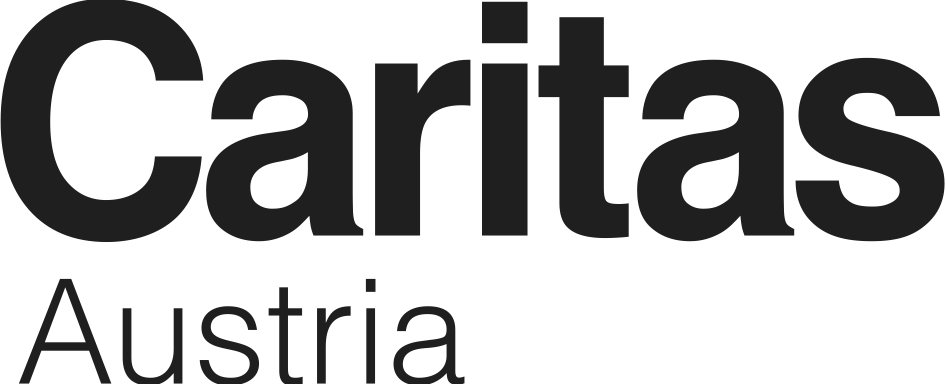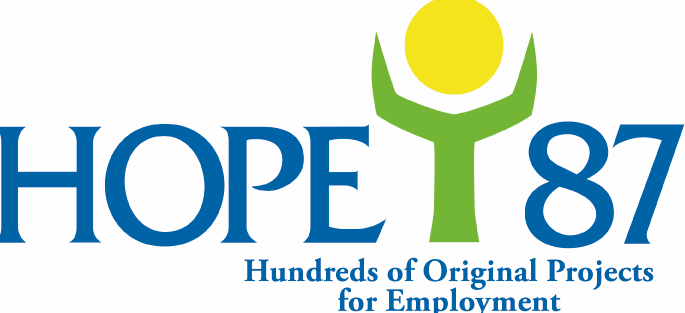Keynote Speech:
Bertrand Taithe Professor University of Manchester
Moderator:
Thomas Seifert Journalist, Wiener Zeitung
Panel members:
Günther Barnet Austrian Ministry of National Defence and Sports
Sabine Kampmueller Head of the Evaluation Unit, Doctors Without Borders (MSF), Austria
Bertrand Taithe Professor University of Manchester
Suzanna Tkalec Humanitarian Director of Caritas Internationalis
Both, the humanitarian space as well as humanitarian aid itself, have become increasingly threatened over the past decade. Still those attacks or threats towards humanitarian aid constitute just one aspect of the interface between NGOs’ activities and armed conflict. The aid-conflict interaction is a two-way process and is not limited to effects of conflict on humanitarian aid.
Recent year’s research shows that any project set in a conflict-prone region will inevitably have an impact on the peace and conflict environment – positive or negative, direct or indirect, intentional or unintentional. In the midst of conflict, humanitarian aid projects become part of the context and therefore have political, economic and social effects.
The nature of negative impact may be sought in the legitimising or de-legitimising effects a project may have on parties to the conflict. Or taking a more tangible example: All humanitarian aid interventions involve the transfer of resources. If diverted by warring parties, these resources can aggravate or prolong an armed conflict. Research also shows that the interactions between aid and conflict are rarely simple, usually complex and context-specific. And what has to be considered: Compared to other actors, NGOs and their activities have limited potential to influence the dynamics of a conflict.
The panel will shed light on the different aspects and causes of potential negative effects of humanitarian aid on armed conflict. Central to the discussion will be questions: how to avoid or anticipate negative effects?”


















